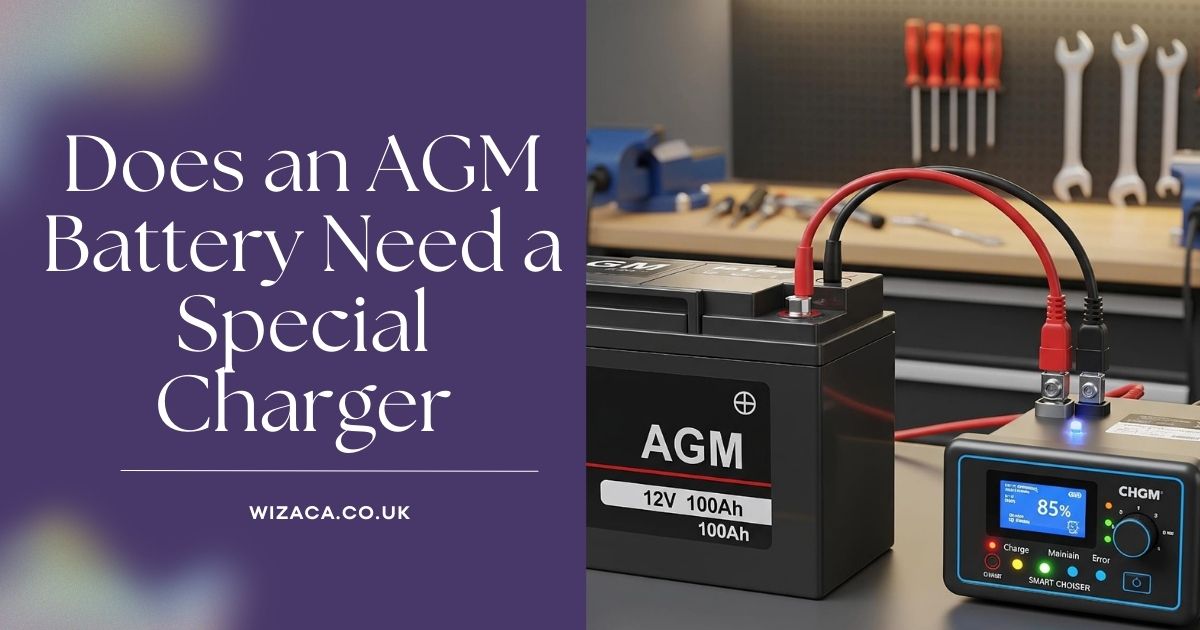Yes, an EVAP (Evaporative Emissions Control) leak can affect your vehicle’s gas mileage, although it may not directly cause a drastic decrease in fuel efficiency. The EVAP system is responsible for preventing fuel vapors from escaping into the atmosphere by capturing them and redirecting them to the engine to be burned. If there’s a leak in the EVAP system, it can cause a range of issues, including potential impacts on fuel economy.
⚙️ How an EVAP Leak Can Affect Gas Mileage
1. Increased Fuel Consumption
An EVAP leak can sometimes lead to a slight increase in fuel consumption. While the system itself doesn’t directly control fuel delivery, a malfunctioning EVAP system could cause the engine to run inefficiently, potentially leading to:
- Excessive Fuel Vapor: If the fuel vapors are not being properly redirected to the engine, they might evaporate into the atmosphere or get vented incorrectly. This could cause the engine to run leaner than usual, requiring more fuel to operate.
- Fuel Management Problems: If the EVAP leak is related to sensors or other components that monitor fuel vapor, it can lead to incorrect readings, which may result in the engine working harder or using more fuel than necessary.
2. Reduced Engine Efficiency
In some cases, an EVAP leak can also cause engine misfires or poor performance, which could indirectly lead to reduced fuel efficiency. When the engine isn’t operating at peak efficiency, it may consume more fuel to maintain the same level of performance.
3. Check Engine Light and Fuel Economy
A leak in the EVAP system often triggers the Check Engine Light (CEL), usually accompanied by a P0440 or similar code related to the EVAP system. While the CEL itself doesn’t directly affect gas mileage, some vehicles may go into a “limp mode” or adjust fuel management to compensate for the error, which could affect fuel economy.
🚗 Common Causes of EVAP Leaks
EVAP leaks can be caused by various issues in the system, including:
- Loose or Damaged Gas Cap: One of the most common causes of an EVAP leak is a loose, cracked, or damaged gas cap, which can allow fuel vapors to escape.
- Faulty EVAP Canister: The canister is designed to store fuel vapors. If it becomes damaged or clogged, it can lead to a leak.
- Broken Hoses or Lines: The hoses and lines in the EVAP system can crack or break over time, leading to vapor leakage.
- Faulty Purge Valve or Vent Valve: These components help control when fuel vapors are purged into the engine. If they malfunction, it can cause improper venting and fuel inefficiency.
🚗 How to Address EVAP Leaks and Gas Mileage Concerns
If you suspect an EVAP leak is affecting your vehicle’s gas mileage, here are a few steps to take:
- Check the Gas Cap: Ensure the gas cap is tightly sealed and free from cracks. If it’s damaged, replace it with a new one.
- Have the EVAP System Inspected: If the problem persists, take your vehicle to a mechanic to diagnose and fix any leaks in the EVAP system.
- Clear the Codes: If the Check Engine Light is on, get a diagnostic code read. Once the issue is fixed, the codes can be cleared, and the vehicle’s fuel efficiency may improve.
- Repair the EVAP System: If there’s a significant leak in the EVAP system, components such as the purge valve, canister, or lines may need to be repaired or replaced.
✅ Final Answer
An EVAP leak can have a slight impact on gas mileage, particularly if the leak causes fuel inefficiencies or engine performance issues. While the effect on fuel economy may not be drastic, it’s still important to address EVAP leaks as they can lead to more serious problems, including poor engine performance or increased emissions. Fixing the leak and ensuring the EVAP system is functioning properly can help maintain optimal fuel efficiency.










